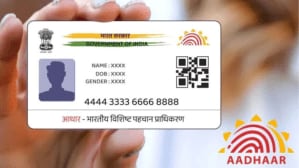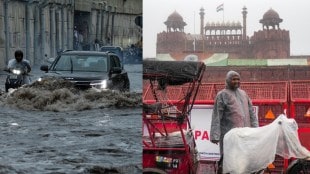Raksha Bandhan, a cherished Hindu festival observed in August or September, holds the beautiful essence of the sibling relationship. This heartwarming occasion involves sisters tying a sacred thread, known as a rakhi, around their brother’s wrist. In return, brothers pledge to safeguard and care for their sisters. It’s a day filled with affection and camaraderie, celebrating the unique bond between siblings.
The Lunar Influence on Raksha Bandhan Date
Pandit Jagannath Guruji says, “The date for Raksha Bandhan is typically determined by the lunar calendar and falls on the full moon day of the month of Shravan. However, in the year 2023, a peculiar situation arises where the full moon day aligns with both August 30 and August 31 due to differing timings”.
The Dilemma: August 30th or 31st?
This intriguing situation has given rise to confusion regarding the precise date of Raksha Bandhan celebration. Some advocate for August 30, while others argue in favor of August 31.
Determining the Auspicious Timing
According to the Drik Panchang, Raksha Bandhan is marked on Wednesday, August 30. Yet, the influence of Bhadra Kaal, a period considered inauspicious for certain activities, prompts the possibility of observing Raksha Bandhan on August 31 as well. On August 30, the Bhadra Poonch, a part of Bhadra Kaal, stretches from 5:30 pm to 6:31 pm. Following this, the Bhadra Mukha is set to occur from 6:31 pm to 8:11 pm on the same day. Subsequently, the Bhadra Kaal concludes at 9:01 pm. This marks the opportune moment to commence the Raksha Bandhan rituals and tie rakhis among siblings.
The Poornima Tithi initiates on August 30 at 10:58 am and concludes on August 31 at 7:05 am. Notably, on August 31, the festivities can be extended throughout the day until 5:42 pm.
Reasons Behind the Confusion
The uncertainty surrounding the Raksha Bandhan date roots from several factors. The shifting lunar calendar plays a crucial role, as the varying timing of the full moon day leads to annual changes in Raksha Bandhan’s date.
Additionally, diverse Hindu calendars contribute to the confusion. The Hindu Panchang and the Vedic Panchang, both widely used, employ distinct methods to calculate the full moon day’s date, occasionally differing by a day or two.








